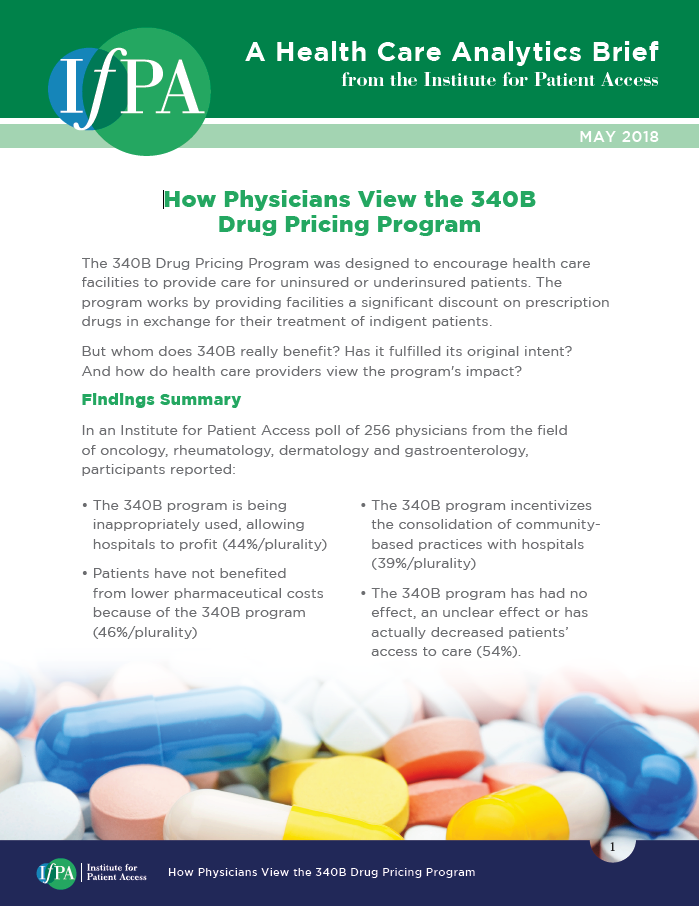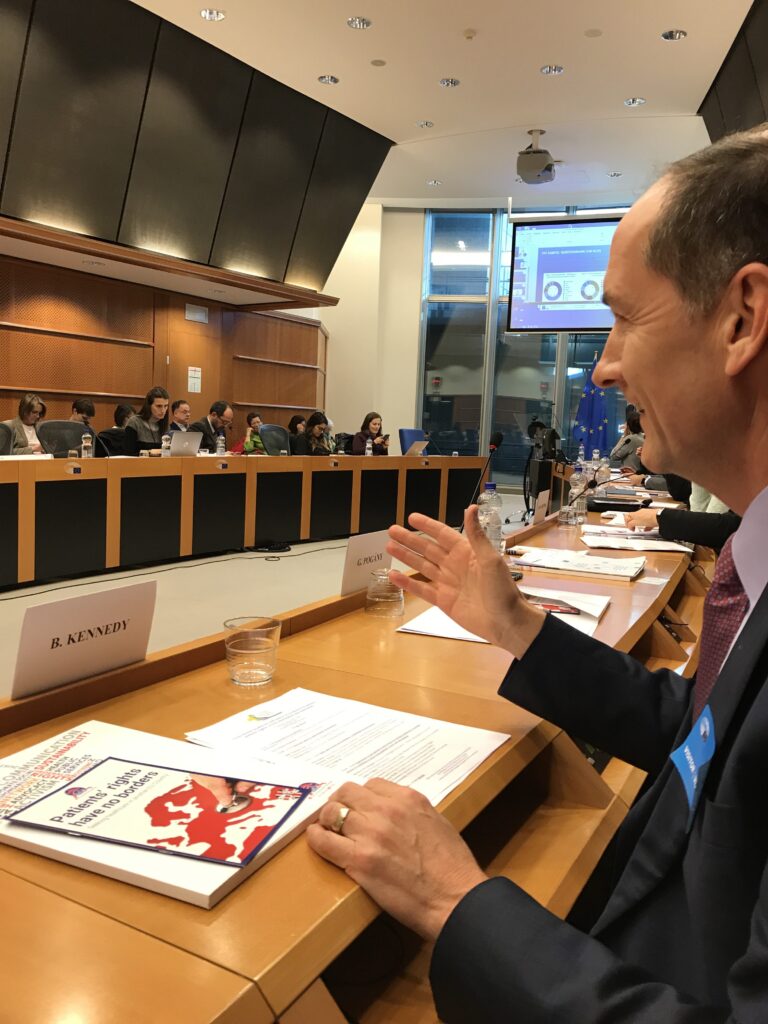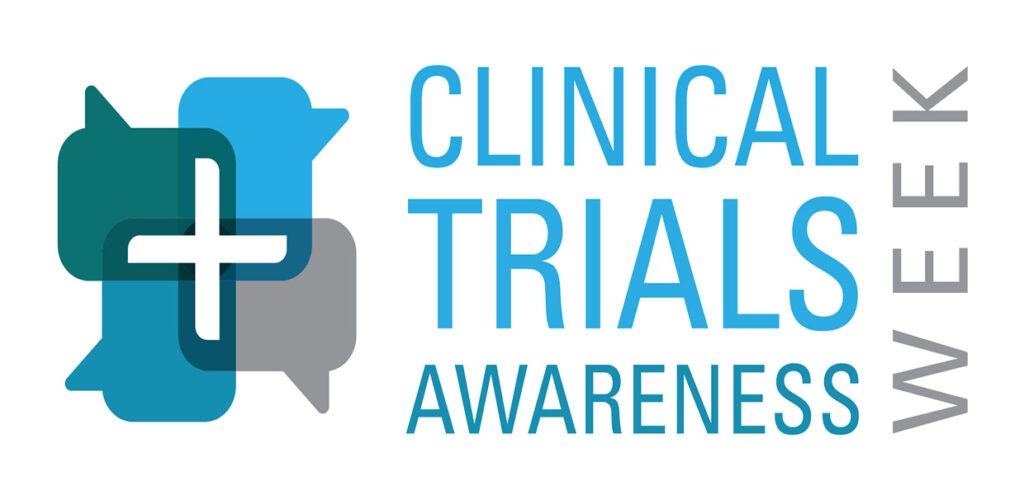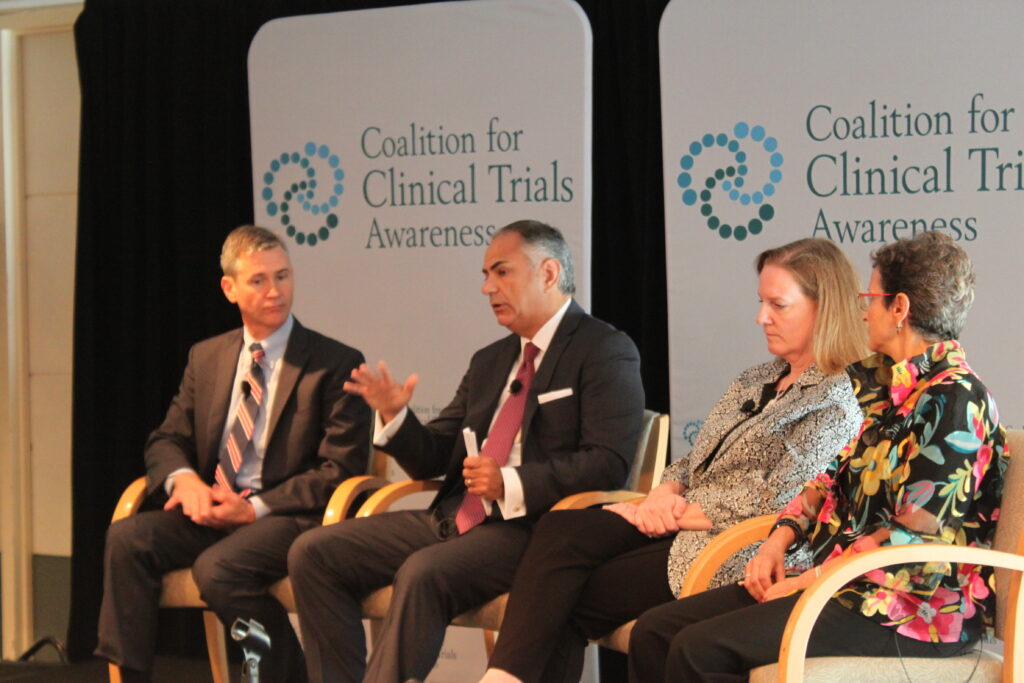Feds Poised to Take a Hard Look at Pharmacy Benefit Managers

The behind-the-scenes, yet powerful companies who control patients’ access to drugs may soon have to answer for their tactics.
Federal Court Upholds West Virginia Law that Reigns in “Bad Drug” Ads

In a victory for patient protections, a federal appellate court upheld a West Virginia law designed to put guardrails on unscrupulous “bad drug” advertising.
Are “Bad Drug” Ads Bad for Patients?

Some 2 million Americans take blood thinners. Nearly 30 million have diabetes. Tens of thousands more treat heartburn or cancer with medication prescribed by their doctor. Chances are, these patients’ attention piques when they hear the medicine they take followed by “medical alert” or “warning” blaring from their television. Many, including senior citizens, might even abandon their prescribed medicines out of fear.
Where President Trump, U.S. Senators & Physicians Align

New research suggests that President Donald Trump, U.S. senators and the country’s physicians may agree on at least one thing: the federal 340B drug pricing program deserves more scrutiny. Designed to encourage care for indigent and underinsured patients, the program has ballooned into a revenue stream for growing hospital systems.
Europeans Work to Turn Health Care Rights into Realities

by Brian Kennedy, Executive Director, Alliance for Patient Access Declaring equal rights is a noble gesture. But history teaches us that it is just the first step in a complex, years-long process – actually establishing and protecting those rights. I was reminded of this reality just recently, when I spoke at a meeting of the European […]
Clinical Trials Awareness Week Focuses on Policy, Participation

What can the federal government do to raise clinical trials awareness? Maybe a lot, suggests one organization.
CCTA Panel Explores Making Clinical Trials Conversation Standard of Care

What if discussing clinical trials opportunities were a standard part of patient care? This question spurred discussion among members of a diverse panel at a recent Coalition for Clinical Trials Awareness roundtable event.
GAfPA Asks: What are the Critical International Barriers to Patient Access?

Healthy lives and well-being for all are among the United Nations’ Sustainable Development Goals for 2030. The U.N. calls for “access to quality essential health-care services and access to safe, effective, quality and affordable essential medicines and vaccines for all.”
New Study: Aligning Rx Refill Dates Improves Patient Adherence
New research confirms that patients are more likely to follow their medication regimen if they receive all prescription drugs at the same time each month. Known as “synchronization,” the concept was the focus of a University of Pennsylvania study of Medicare Advantage patients.
Advocates Urge Congress to Finalize 21st Century Cures
Congress returns in September from a seven-week recess—and ready, many patients and advocates hope, to push the 21st Century Cures Act over the finish line. Senator Lamar Alexander (R-Tenn.) expects the Senate to resume work on the bill, which he says could be “the most important legislation Congress passes this year.” The bill passed the House of Representatives in July 2015 with bipartisan support.

